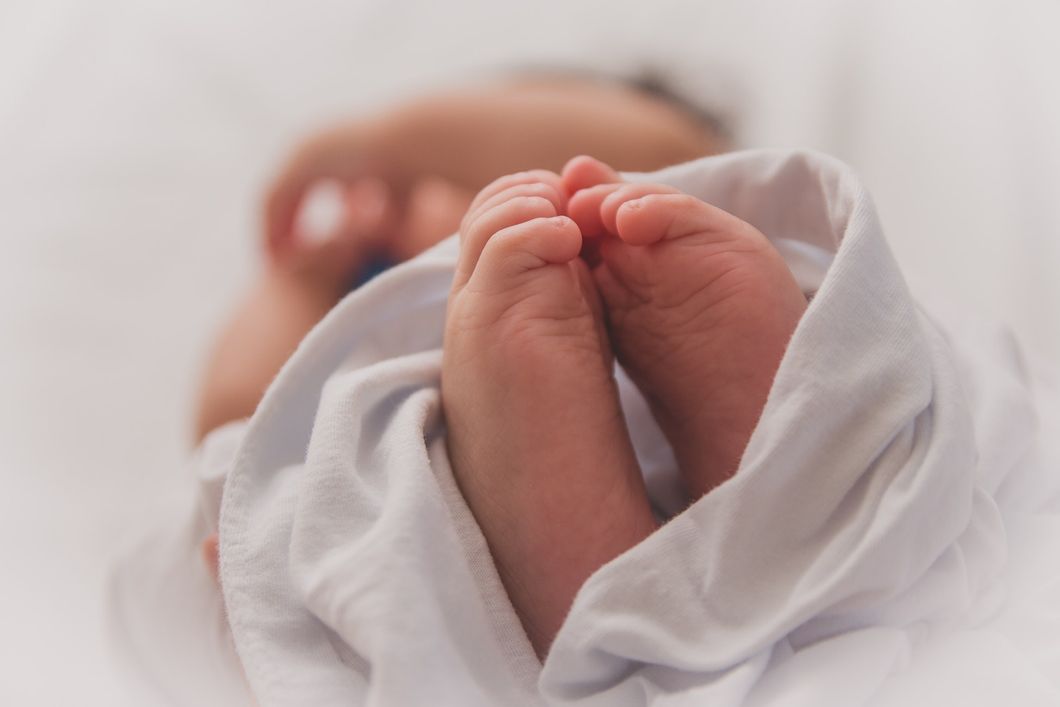As I get older, I realize just how little I was taught about gender in school. It was not until the beginning of high school that I realized that there are intersex people. In case you are not aware, "Intersex" is an umbrella term for people whose bodies do not match the strict definitions of male or female. Dozens of intersex variations exist, affecting the reproductive organs in ways that may or may not be visible."
In middle school, I had heard people make problematic comments saying that someone was "a boy and a girl" for not following the stereotypes of their gender, and would then resort to calling them an intersex slur. I will not be saying this word, but I will link you to a page on the Intersex Society of North America's website where they explain what the slur is.
In my health classes, we only spoke about males and females and the possibility of someone being intersex was never mentioned. I continued believing that intersex people did not exist, and it was not until I started doing my own research about the LGBTQIA+ community in high school that I was able to learn about them. I recognized that the slur being used by my classmates in middle school was not only offensive but inaccurate because it implies that the person was born with both "male" and "female" genitals. This is not possible. (And yes, I put quotations around male and female because a person's genitals do not define their gender).
While learning about the intersex community, I found out that parents of intersex babies are often forced to have "gender-normalizing" surgeries performed on their children. Some doctors see being intersex as something that needs to be fixed, even though the babies are perfectly healthy because our society wants to force everyone to follow the strict gender binary we have created.
I want to share Ori Turner's story in the hopes to change the minds of those that think it is necessary for intersex babies to go through surgery.
When Ori was born, the doctors told the parents that they were a girl and was going to need cosmetic surgery because they were intersex. Ori has partial androgen insensitivity syndrome, which means that they have both XX and XY chromosomes and that their genitals do not fit what we believe to be "male" or "female."
Thankfully, Ori's mother refused for her child to have surgery because there is no way she could guess what gender her child would identify as. There are many stories of intersex people that have been forced into the "gender-normalizing" surgeries and have grown up and realized they were assigned the wrong gender, or have experienced sexual dysfunction and infertility because of the surgery.
Ori's parents decided to raise them as a girl because that was the gender the doctors told them that they would identify as, but they still gave Ori the option to explore their gender identity. At age seven, Ori told his mother that he felt like a boy and then went several years going by the name Alex and wearing masculine clothing. Ori then began to act and dress in the ways that we associate with boys and girls. In 2017, Ori went to a meeting of intersex people in Phoenix and came to the realization that they wanted to stop going by the name Alex and use they/them pronouns.
It is a human rights violation for intersex babies to not be able to decide for themselves what their gender identity is. "Gender-normalizing" surgeries are unnecessary and only further the outdated view that only two genders exist.

















